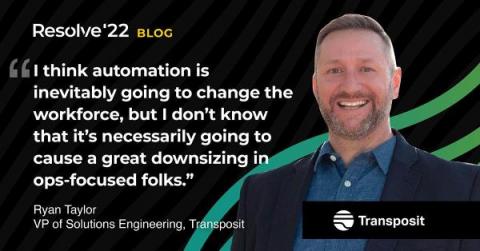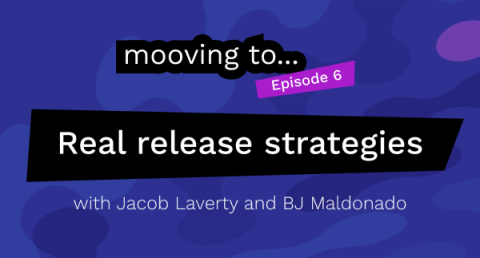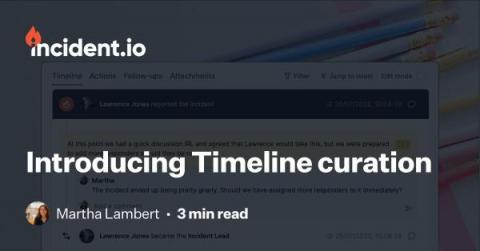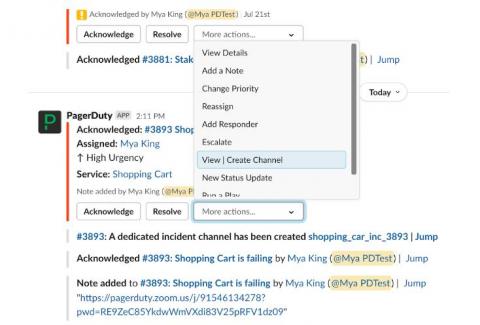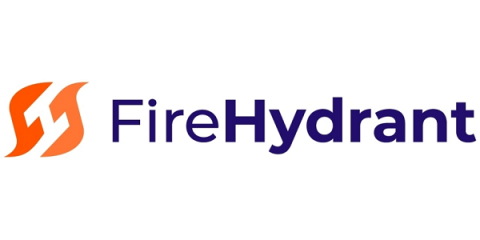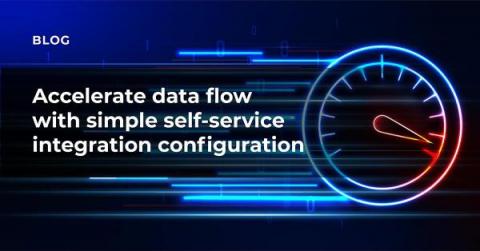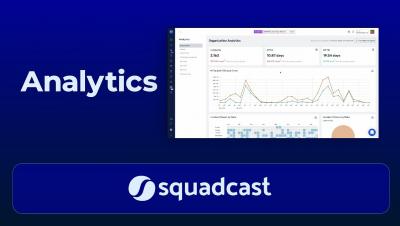RESOLVE '22: Incident management automation
“Make life easier” isn’t a mantra for the lazy—it’s a way to drill down on important automation in the IT Ops room. When Ryan Taylor, VP of solutions engineering at Transposit, talks about his experience and outlook in the IT Ops chair, people tend to listen.


